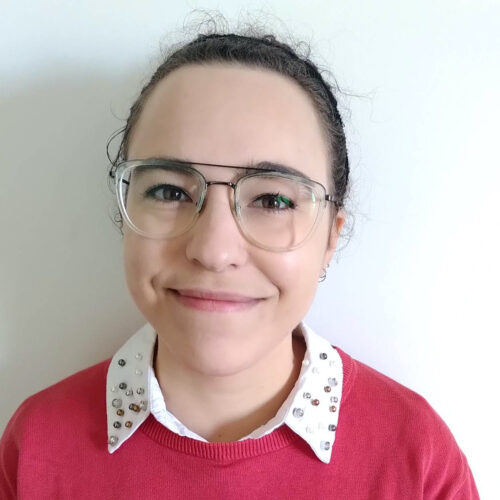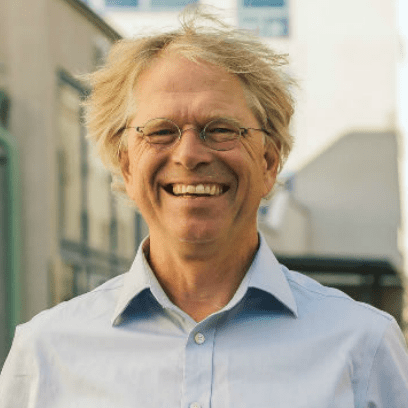- Digitalt seminarium (Zoom) och i Linköping.
- June 10, 2022
- Friday, 13:00PM to 15:00PM
- Linköping University
Contact event manager
Book your tickets
Hur kan AI bidra till hållbar utveckling i Afrika?
Friday, 13:00PM to 15:00PM
June 10, 2022
000000
Hur kan AI bidra till hållbar utveckling i Afrika?
I Nordamerika, Asien och Europa sätts stort hopp till AI som ett verktyg för att lösa många av de utmaningar vi står inför i samhället idag. Det gäller allt från FN:s hållbarhetsmål, till att – i ett land som exempelvis Sverige – hantera de demografiska utmaningar vi står inför inom hälso- och sjukvården.
Mistra Geopolitics har initierat en studie som handlar om länkningarna mellan AI, hållbar utveckling och geopolitik i Afrika. Fredagen den 10 juni kl. 13-15 presenteras studien på ett seminarium arrangerat av Centrum för klimatpolitisk forskning vid Linköpings universitet i samarbete med Mistra Geopolitics.
Forskningen leds av Ewa Thorslund och Göran Lindsjö som skriver studien. Björn-Ola Linnér, Fredrik Heinz och Marie Fransisco vid Linköpings universitet och Mistra Geopolitics bidrar med vetenskaplig input. Studien kommer att lanseras den 30 juni 2022.
Agenda och talare 10 juni
Studien presenteras av:
- Göran Lindsjö
- Ewa Thorslund
Båda har lång erfarenhet av frågor som rör teknikutveckling och samhällets digitalisering nationellt och internationellt.
Kommentatorer:
- Ola Bergström, internationell chef vid Post- och telestyrelsen
- Carl Fredrik Wettermark, Coordinator for Cyber Affairs, Utrikesdepartementet

Ung befolkning i stora städer kräver innovativa lösningar
Den afrikanska kontinenten har, på många sätt, betydligt större utmaningar än i andra delar av välden. Man har en mycket ung befolkning som växer snabbt, och som i hög takt flyttar in till allt större städer. För att hantera en dubblering av den afrikanska befolkningen – cirka 2,4 miljarder människor år 2050 – krävs många innovativa lösningar.
Samtidigt som Afrika akut måste hantera en stor fattigdom, extrema skuldsättningsgrader, och politisk instabilitet, blir kontinenten alltmer intressant för världens stormakter avseende politiska, handelsmässiga och militära ambitioner.
Featured people

Professor Fredrik Heintz

Marie Francisco




